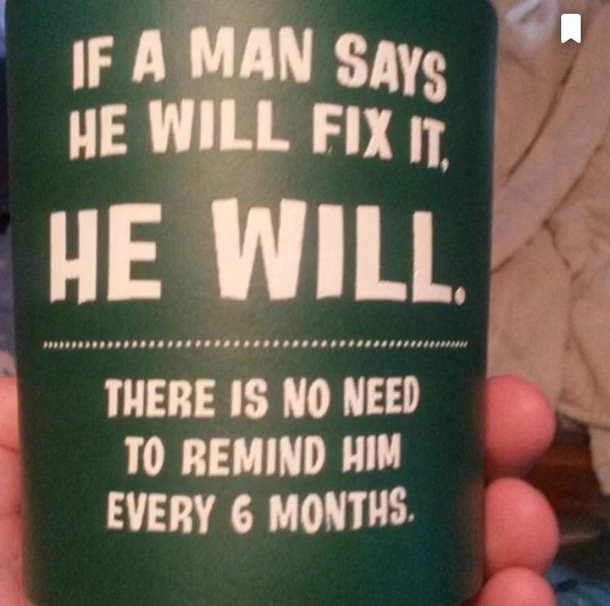

Two things that can be very lethal when put together. But it’s worth the mess.I relapsed the other day. Having more to live for, hence more to lose, is rarely soothing.
#Remind me at how to#
It sounds like a resolution, or at least her making peace with how to develop trust when everything can slip away so easily, but the arrangement is still anesthetized, unresolved. “I don’t know how it ends,” Van Etten sings dreamily on “Stay,” a reverie of rippling piano and bass that addresses the need for reciprocal support and independence between a mother and her child. What do you attempt to hold onto and let go of?
#Remind me at full#
“I know what you’re gonna be,” Van Etten taunts at full vocal power: “You’ll crumple it up just to see/Afraid that you’ll be just like me!” She gives no indication of who is right: the teenager disgusted at the thought of growing up and joining the straight world, or herself now, wanting to protect that girl who had no idea what difficulties were to come. It mixes despair for her poor decisions, nostalgia for that headstrong girl, and anxiety over what she would make of her now. “ Comeback Kid” has a puffed chest and a sense of ragged pride the standout “Seventeen” exudes the reckless freedom of standing in the sunroof of a moving car and spreading your arms wide. The most traditionally robust songs on Remind Me Tomorrow are about Van Etten as a teenager, usually a time of confidence that is later revealed to be naivety. The album’s truest love song, “Malibu,” relishes the memory of a carefree romantic holiday, but Van Etten still highlights the transience of driving down the coast in “the little red car that don’t belong to you.” “You’ll run,” she sings on “Memorial Day,” drawing out the words into a narcotic, sparkling haze. Often when it concerns love, it’s about how tentative it feels: “Turning the wheel on my street/My heart still skips a beat,” she sings on “ Jupiter 4” (named for the synthesizer behind much of the album), a whirring dirge filled with ghostly cries and thunderclaps. It is the peak of Van Etten’s songwriting, her most atmospheric and emotionally piercing album to date. The restraint is more of a revelation than another addition to the grim details that litter her catalog, explaining everything about Van Etten’s hard-won control over her life.Īnd yet, Remind Me Tomorrow is not unyielding. Crucially, we never find out what she tells him. The exchange forms the start of a relationship: held hands, knocked knees, total candor. “It’s cathartic to play, and people like it,” she told The Ringer of one old song, “but I also want to challenge people on why they like it, and how it makes me feel.” Remind Me Tomorrow starts with a disclosure, “I Told You Everything.” “You said, ‘Holy shit, you almost died,’” she sings, repeating the line throughout the song and peeling back layer by layer of shock factor until only sad starkness remains. An abusive relationship she experienced in her early 20s has defined much of her songwriting to date, so much so that it started making her feel uncomfortable. More than ever, it’s these uneasy textures that do Van Etten’s storytelling for her.


The aggressive sound meets its match in her cresting, torrid sense of melody. Corroded synths flicker like a helicopter rotor, cutting her characteristic grace with a sense of menace the production and Van Etten herself often sound as though they’re asphyxiating. Remind Me Tomorrow is as much a faithful reimagining of her muscular songwriting as last year’s Double Negative was of Low’s haunted spirituals, right down to the shared apocalyptic atmosphere. That is, thankfully, not the case here nor is it that Van Etten, tired of the guitar, just threw a few synths at the wall. It’s her first album made with John Congleton, a producer many acts have turned to in recent years under the guise of wanting to mimic his art-pop work with St.


 0 kommentar(er)
0 kommentar(er)
